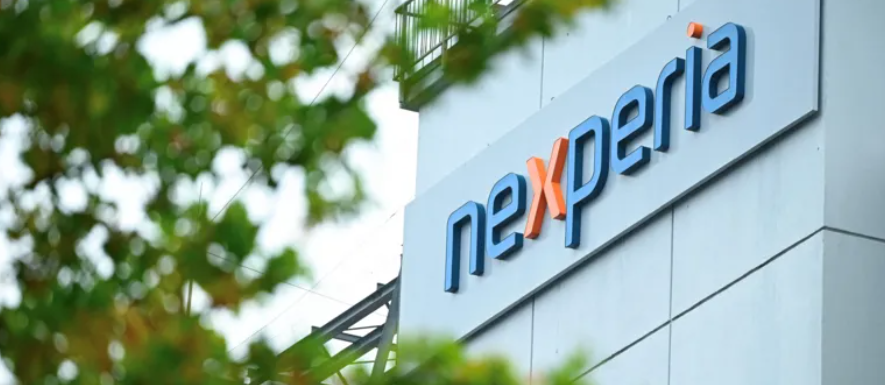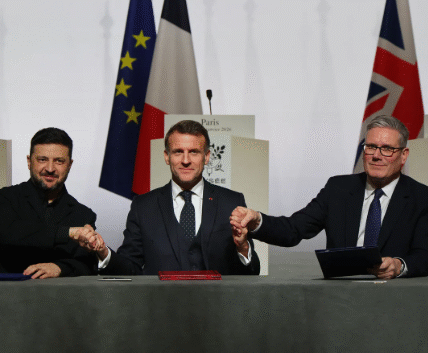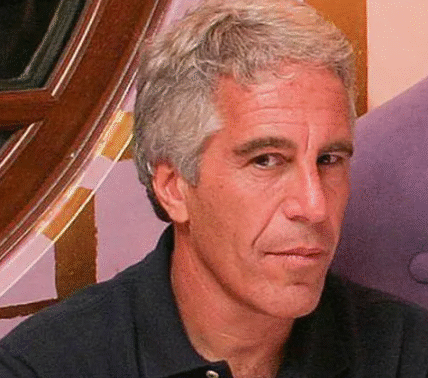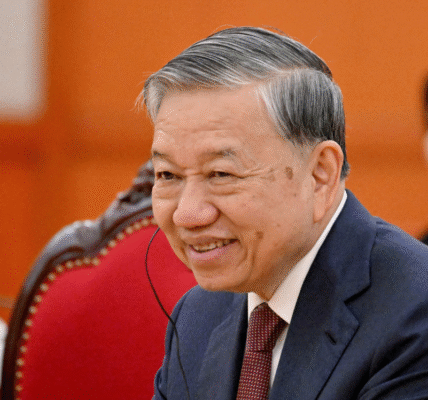China has announced plans to relax restrictions on chip exports to Europe, marking a major shift following months of tension with the Netherlands over the government’s takeover of Nexperia, a Chinese-owned semiconductor company based in Nijmegen.
The move comes amid growing pressure from European industries, especially car manufacturers, who had warned of severe production disruptions due to China’s ban on chip re-exports.
Background: The Netherlands Takeover of Nexperia
In September 2025, Dutch authorities invoked a Cold War–era national security law to take control of Nexperia, citing “serious governance shortcomings” and concerns about the security of chip supplies during emergencies.
Beijing reacted by imposing an export restriction on chips manufactured by Nexperia, prohibiting their re-export from China to European customers. The decision drew criticism from Europe’s automotive sector, which relies heavily on Nexperia’s components for vehicle production.
According to industry reports, around 70% of chips made in the Netherlands are sent to China for completion before being exported globally. The suspension disrupted this supply chain, leaving European automakers struggling to source key components.
Beijing’s Announcement: Conditional Exemptions
In a statement released on Saturday, China’s Ministry of Commerce said it would “comprehensively consider the actual situation of enterprises and grant exemptions to exports that meet the criteria.”
Although the government did not specify the criteria for exemptions, the move is seen as an effort to ease economic strain and restore stability to global chip supply chains.
Beijing also criticized The Hague, accusing it of “improper interference in the internal affairs of enterprises” and blaming the Netherlands for the “current disruption of global production and supply chains.”
Industry Reaction and European Concerns
Earlier this month, the European Automobile Manufacturers’ Association (ACEA) had warned that the supply of Nexperia chips could run out within weeks if the Chinese export ban persisted.
“Without these chips, European automotive suppliers cannot build the parts and components needed to supply vehicle manufacturers,” ACEA said in a statement. “This threatens production stoppages across Europe’s automotive sector.”
Following China’s announcement, Nexperia reassured its clients that it was assessing new export timelines and alternative processing arrangements to resume normal supply.
Geopolitical Implications
The decision to ease export restrictions comes shortly after talks between Donald Trump and Xi Jinping in South Korea, where trade relations and semiconductor cooperation reportedly featured prominently.
While Beijing’s official summary of the meeting avoided direct references to chip exports, Washington insiders said that resuming Nexperia exports was a key discussion point. The White House is expected to release a fact sheet outlining a new trade agreement with China later today.
Ongoing Global Scrutiny
Nexperia’s parent company, Wingtech, remains under close watch. In December 2024, the U.S. government added Wingtech to its “entity list”, citing national security concerns.
Meanwhile, in the United Kingdom, Nexperia was previously forced to sell its Newport silicon chip plant following parliamentary pressure and national security reviews. The company still maintains a smaller operation in Stockport.
Conclusion
China’s decision to loosen its chip export ban marks a cautious step toward easing global supply chain pressures amid ongoing geopolitical tensions. As Europe’s automotive and tech sectors await clearer export guidelines, the world’s semiconductor landscape continues to be shaped by a delicate balance of trade, politics, and innovation.





